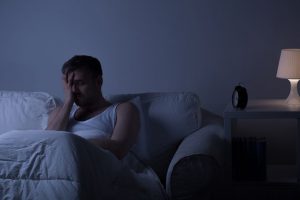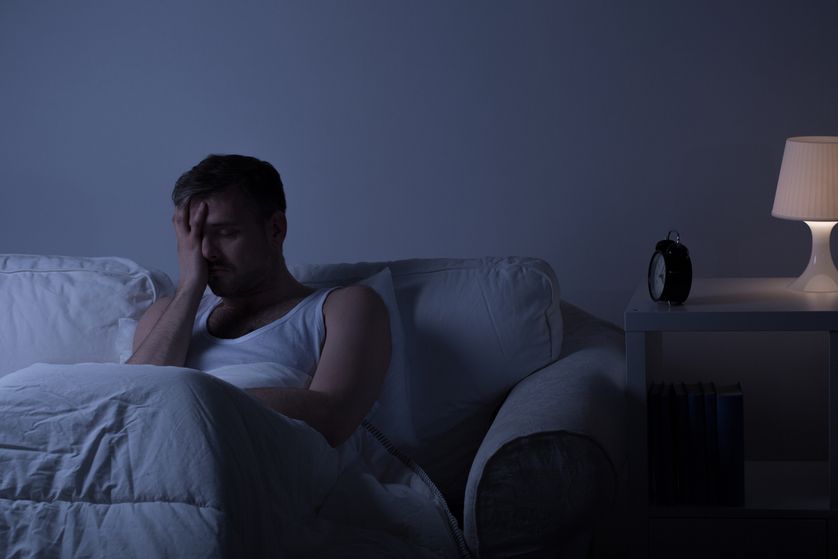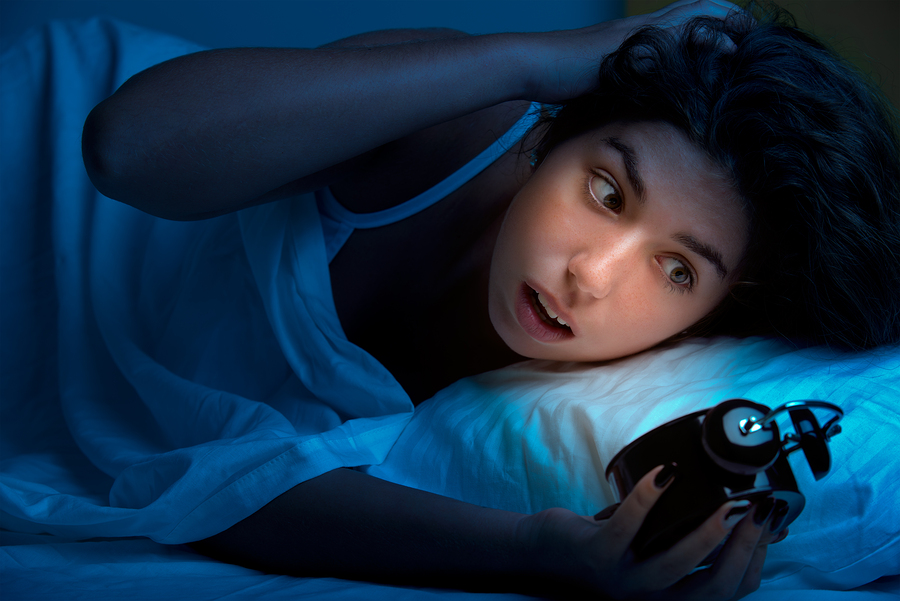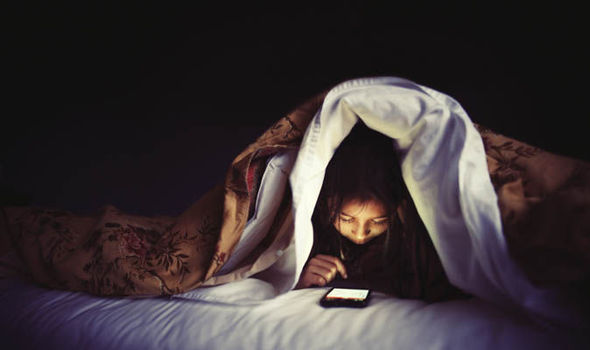
Scientist Finds The Way to Determine Who can Handle All-Nighter
Less sleep or not taking sleep at night affects people in two ways, mentally and physically at the molecular level. Now the scientists find an easy way to predict who will suffer most from an all-nighter.

Are you one of those people who can pull all night to increase the productivity of work. Or preparing to give the best performances of your life at work.
It’s not a myth that some people have it when comes to functioning on low sleep. But it depends upon on the body of an individual. Lack of sleep affects people both in mentally and at the molecular level.
Effects of lack of sleep
One of the studies was presented this month on the effects of lack of sleep.
Researchers found that people who went without sleep for 39 hours showed altered levels of specific microRNAs in the blood.
The study includes 32 healthy adults who were monitored for five days two, two nights of 8 hours sleep and 39 hours of not sleep at all. This phenomenon is known as the total sleep deprivation. But most people know this by all-nighters.

After the study people had two nights of sleep with 8-10 hours of sleep each night.
Before making any conclusion regarding the all-nighters, Researchers measured miRNA levels using blood samples. They also tested these 32 peoples including attention, memory and cognitive performance.
The primary focus of the researchers is to find out how fast and accurately people completed the test.
Study author of this study is Namni Goel he said, and these findings could help predict who is most affected by sleep deprivation.
Identifying people who are sleep deprived
A new way to objectively measure the effects of either sleep deprivation or poor quality sleep is a blood test. A blood test would be something rather simple to do. A blood test determines the level of miRNA in the blood which shows the adverse effect of all-nighters.

Expertise can also test the cognitive abilities to determine the effect of sleep deprivation.
National sleep foundation recommends seven to nine hours of sleep for the adults.